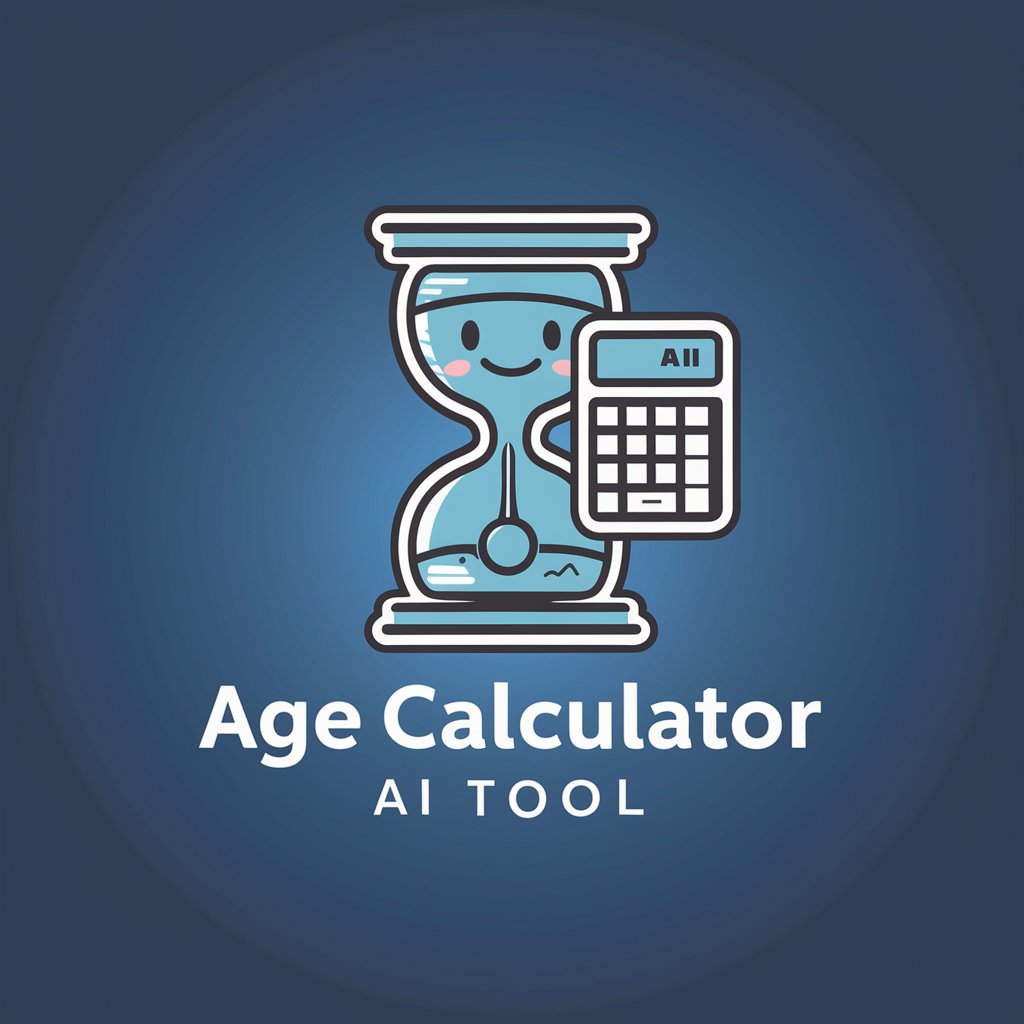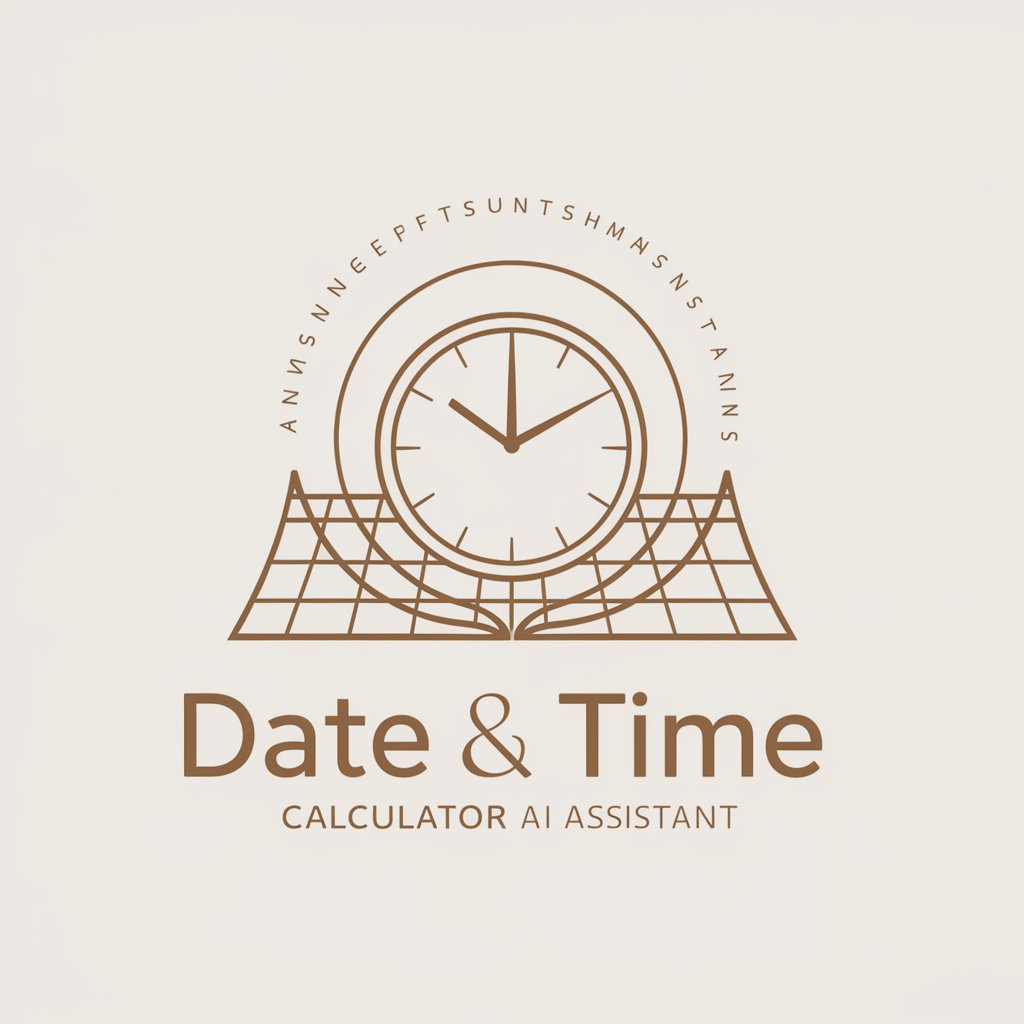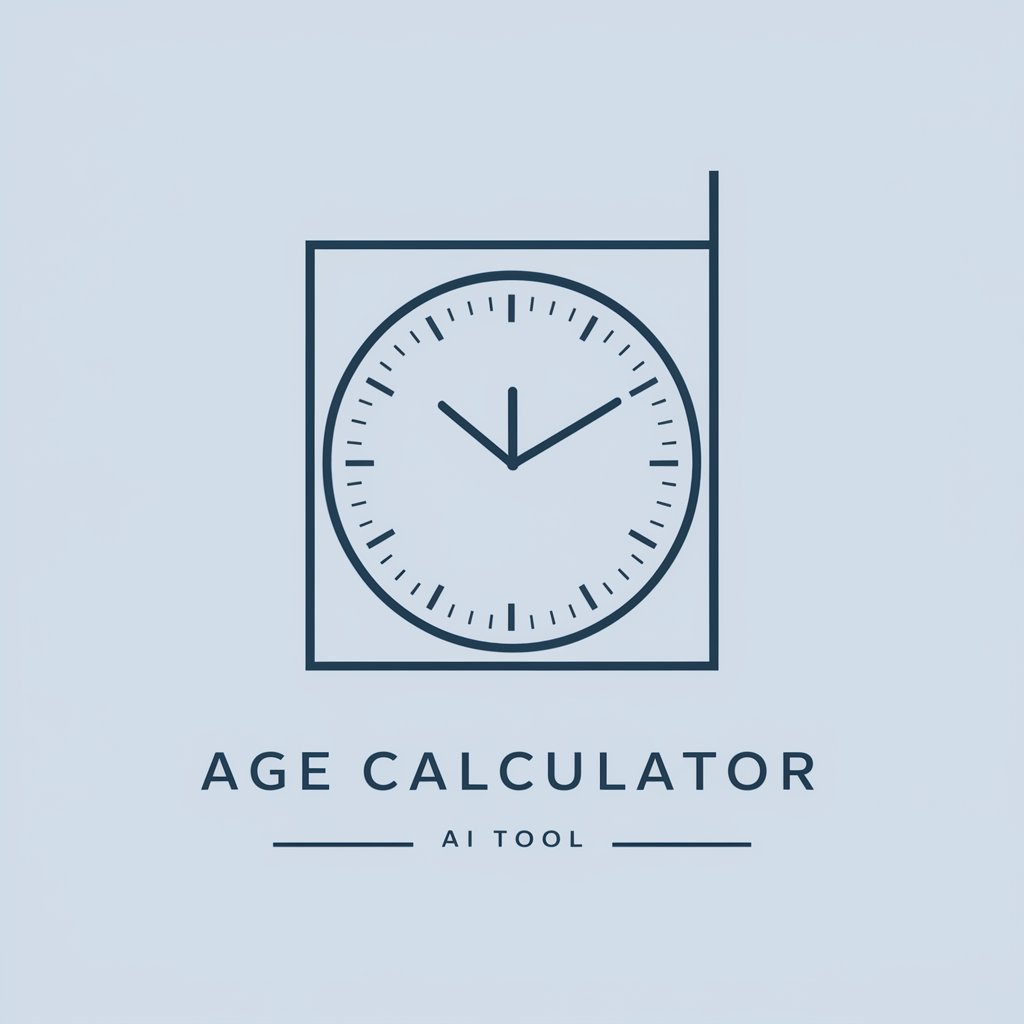
Due date calculator - pregnancy due date estimation
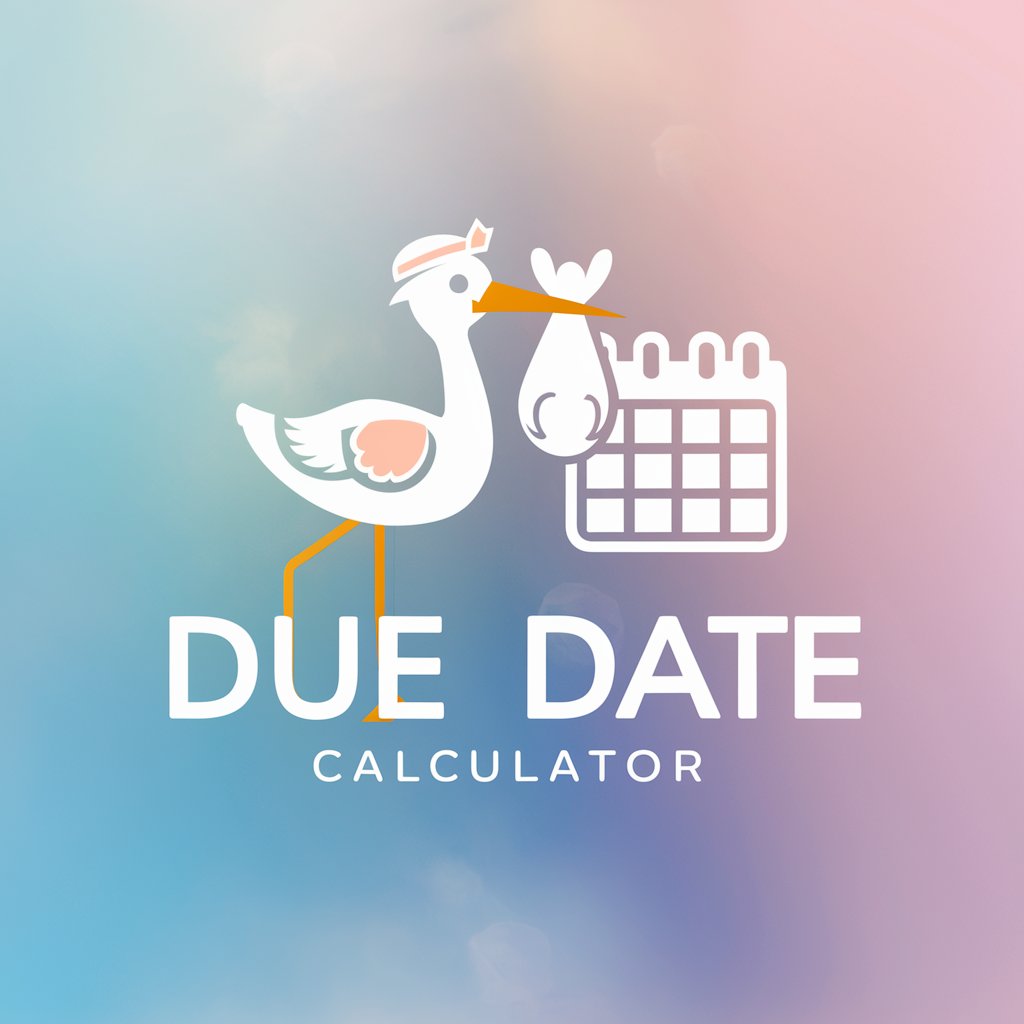
Welcome! Let's estimate your baby's due date.
Predict Your Baby’s Arrival Date
Enter the date of conception to estimate the due date:
Please provide the conception date to calculate the baby's approximate birth date:
Input the conception date to get an estimated due date:
Submit the date of conception to find out the expected birth date:
Get Embed Code
Overview of Due Date Calculator
Due Date Calculator is designed to predict the expected date of birth based on the date of conception. By calculating the estimated delivery date, it aids in planning and preparation for the arrival of a newborn. This tool is based on a standard gestation period of approximately 280 days or 40 weeks from the first day of the last menstrual period (LMP), which corresponds closely with the date of conception plus two weeks. This calculation is crucial for monitoring pregnancy progress, scheduling prenatal visits, and managing health-related decisions. Powered by ChatGPT-4o。

Key Functions of Due Date Calculator
Calculate Estimated Due Date
Example
If the conception date is July 1, 2023, the due date calculator will add 280 days to this date, predicting an approximate due date of April 7, 2024.
Scenario
This function is useful for expectant parents who wish to know the expected birth date to prepare for hospital arrangements, maternity/paternity leave, and other related logistical plans.
Adjustment for Cycle Variability
Example
For a woman with a longer menstrual cycle, say 35 days, the due date can be adjusted to reflect this. If conception is assumed near ovulation, about 21 days after the last period, the due date would be recalculated accordingly.
Scenario
Helpful for healthcare providers to offer personalized care and advice, especially for pregnancies that do not conform to the typical 28-day menstrual cycle.
Target User Groups for Due Date Calculator
Expectant Parents
Individuals or couples who have recently conceived and are eager to know the expected date of their child's birth. They benefit from this service as it helps in planning for the future, making necessary medical appointments, and organizing family or work-related affairs accordingly.
Healthcare Providers
Obstetricians, midwives, and other prenatal care specialists who require accurate gestational age calculations to manage prenatal care effectively. This includes scheduling the appropriate tests and check-ups at optimal times during the pregnancy.

How to Use Due Date Calculator
Step 1
Visit yeschat.ai to access Due Date Calculator for a free trial without needing to login or subscribe to ChatGPT Plus.
Step 2
Enter the date of conception or the first day of the last menstrual period into the calculator.
Step 3
Click 'Calculate' to find out the estimated due date based on average gestation periods.
Step 4
Use the results to plan and prepare for upcoming prenatal appointments and personal arrangements.
Step 5
For repeated use or different calculations, simply change the initial data and calculate again.
Try other advanced and practical GPTs
SD Real Estate Guide
AI-Powered South Dakota Real Estate Expert

Content Creativity Hub - OmniSynth
Unleashing Creativity with AI Power

Travel Scholar
Discover, Learn, and Explore with AI

ME Real Estate Agent
Empowering Maine Real Estate with AI

RASTERIZATION
Empowering Visuals with AI

Pocketbook Writer
Craft Your Book with AI

Tutor Pessoal de Japonês
AI-powered Japanese language learning tailored to you

BOOTS meaning?
Your AI-Powered Solution for Versatile Assistance

OA خبير استراتيجيات النمو
Empowering Growth with AI Intelligence

NON PLAYER CHARACTER
Craft Lifelike NPCs with AI Power
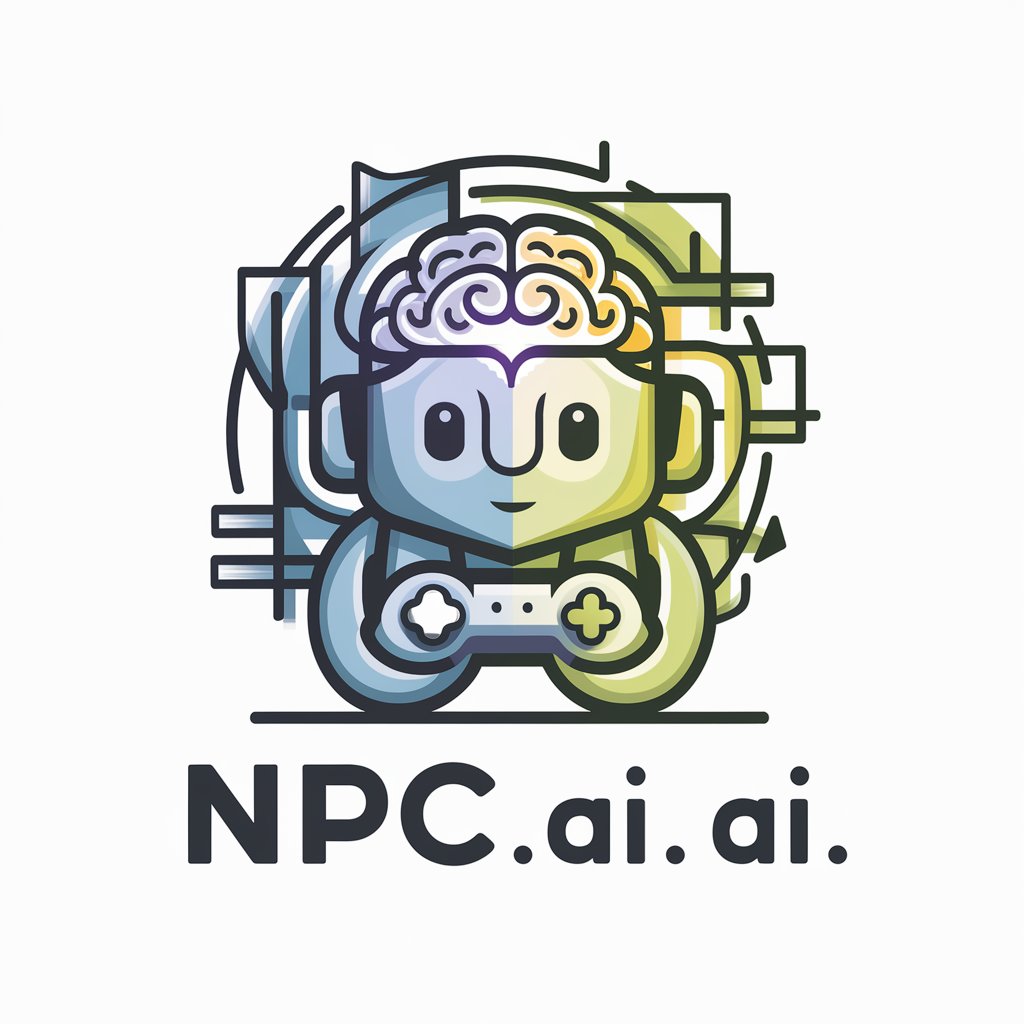
Dicas para atingir o estado de Flow
Empower your focus with AI-driven guidance

Como utilizar um Dispositivo ou Aparelho
Expert Guidance for Your Devices

Frequently Asked Questions about Due Date Calculator
What is the Due Date Calculator?
The Due Date Calculator is an AI-powered tool designed to estimate the due date of a pregnancy based on the date of conception or the first day of the last menstrual period.
How accurate is the Due Date Calculator?
While the calculator provides an estimate based on average gestation periods (typically 280 days from the first day of the last menstrual period), individual pregnancies can vary, and the actual delivery date may differ.
Can the Due Date Calculator be used for multiple pregnancies?
Yes, the calculator can be used for calculating the due date for multiple pregnancies, but keep in mind that twins or triplets often have a shorter gestation period.
Is there any cost to use the Due Date Calculator?
No, the Due Date Calculator is free to use on yeschat.ai without the need for a subscription or login.
Can I use the Due Date Calculator if I'm not sure about the date of conception?
Yes, if the date of conception is uncertain, you can use the first day of the last menstrual period to calculate the due date, which is a common practice in pregnancy estimation.
